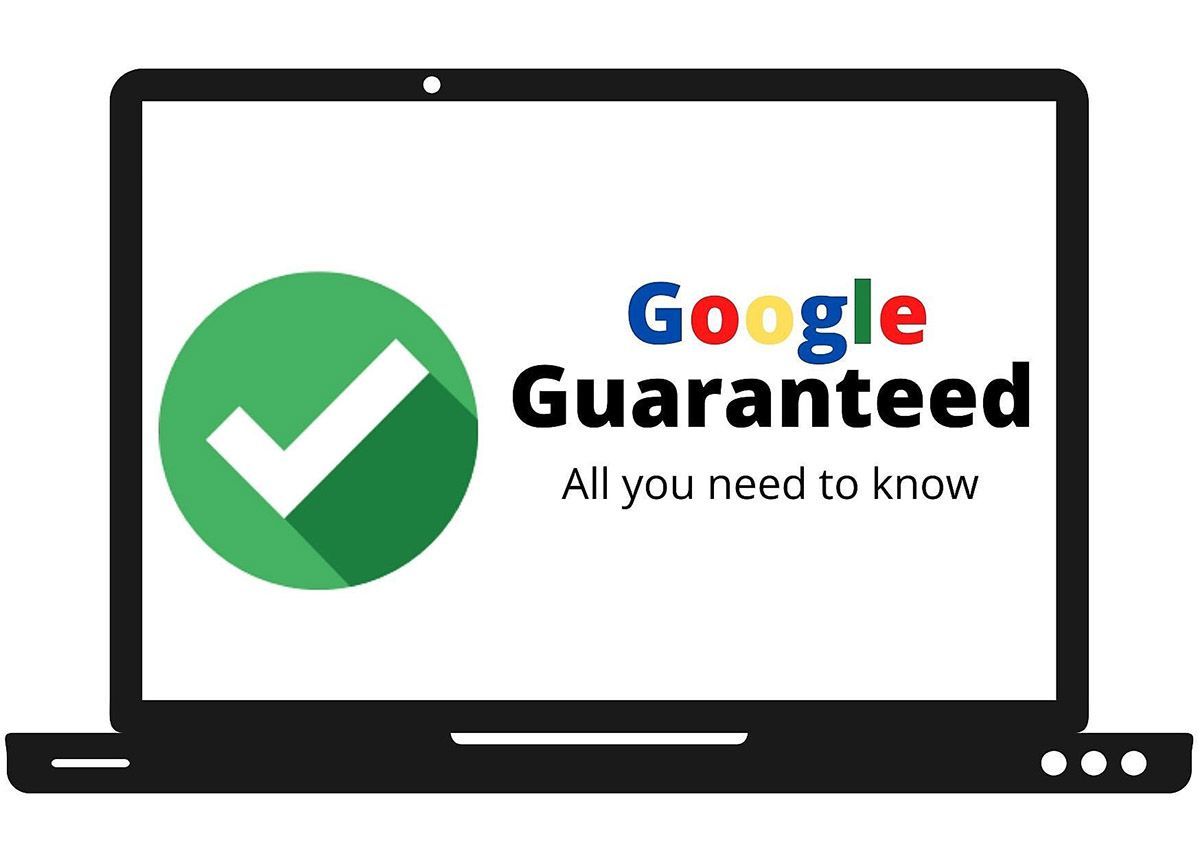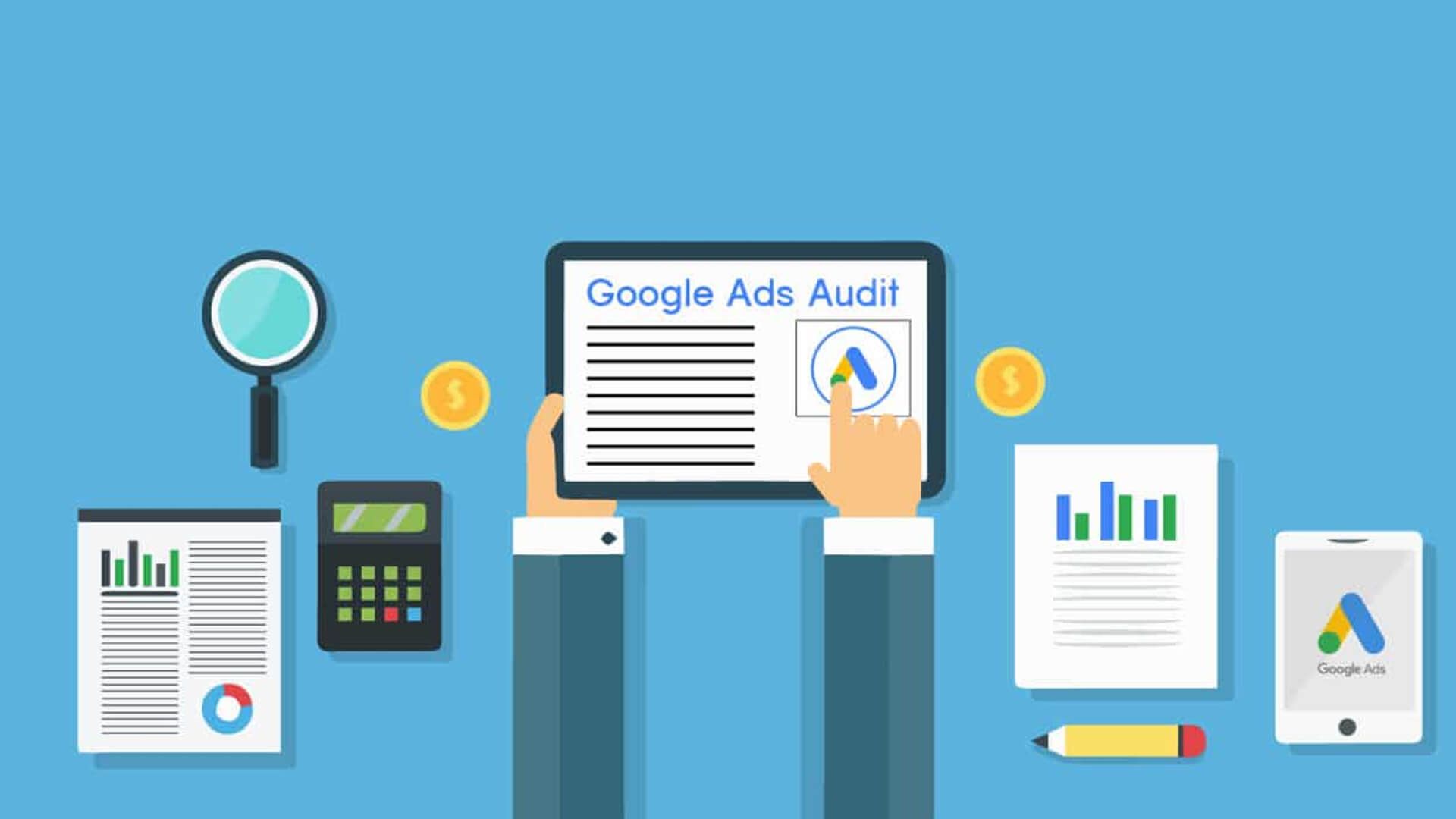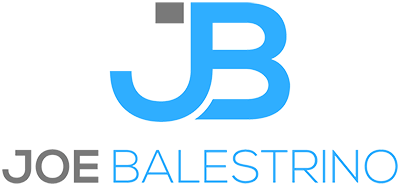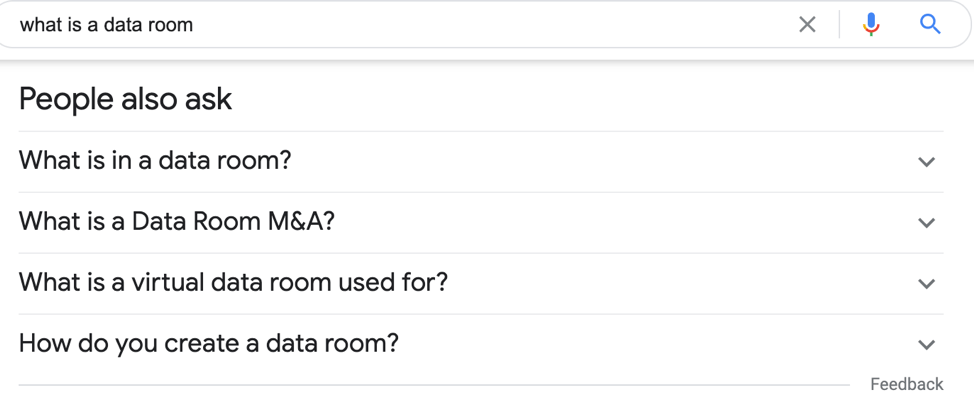How to Optimize Your Content for SEO
How Do You Optimize Your Content for Search?

Here are some guidelines for writing well written and researched content. This guide can be used for any type of content writing. However, the most important part of all of this is to determine the right key phrases. Key phrases are the “key” – not keywords. The longer the search query is the easier it is to rank for and the more targeted your content will be to the searchers' query.
Going after a single keyword is not advised. Ideally, a blog post or service page should focus on one topic and one or two relatable terms.
➡️ Research – The first step is to determine the keywords we are targeting. What is the sentiment behind the keywords? Do the search terms indicate an intent to buy or is it more research? This will dedicate what type of page you should be creating.
➡️ Sales pages (Money pages) sell a product or service. These search terms indicate that the searcher is either ready to buy or at the very least they know which service or product they need. Such as “buy software” or “M&A software”.
➡️ Blog posts are great for capturing searchers early in the buyer’s journey. It could be to research a problem or to identify a solution that then leads to a product. This includes content around “lists” or those looking for the “best” provider. This targets those who know they need the product or service but unsure of who to use.
Example; Going after terms such “The best M&A platform “or “List of M&A software providers “is a good way to capture those who are almost ready to buy.
Other terms could lead to someone needing a provider. These include longer tail terms such as “M&A software due diligence checklist”. Content like this should be informative and detailed. There should be links to resources if applicable and those links should open up in a new window.
The summary of the article should alert the reader that there is M&A software that can handle these items. There should be a link to the M&A software page using the key term “M&A software” as the link to that page.
If we already have a page for M&A software. It may be easier to add the term platform to the page versus recreating what would be the exact same but replacing software for platform. In other words, they are interchangeable.
How to add key phrases to content? Google looks at more than just keywords. They look at keywords you are targeting, other terms that are relevant, and what’s typically found on other pages that also rank for this same term. To avoid over-optimization the target keyword should always be in….
- the title of the page
- the header of the page
- the first paragraph
- in the closing statement
The rest of the article should be written naturally. Google is going to look at how the content is written and how naturally it flows. We tend to repeated keywords more naturally when we don’t attempt to optimize content.
Why I don’t recommend optimizing for keywords when writing content.
I noticed when people are asked to mention a keyword-based on a certain percentage the content doesn’t sound natural. When writing on a topic naturally “in most” cases the content is written well enough to initially rank. We can then go in and add additional mentions.
Interlinking and outbound linking on content.
When possible, links should be placed inside blog content back to a relevant sales page. Avoid adding too many links and only add one link back to a sales page. Avoid over linking. On a one-thousand-word article, I wouldn’t link to more than 3 sales pages. Mix up the anchor text when writing blog posts.
When you reference a specific sales page try using some of the keywords that the page is optimized for. If you’re linking to an M&A software page you could link using the phrase "M&A software". However, doing this too many times could be seen as spammy. I recommended using additional text to help randomize the keywords to that page.
As an example; many businesses use our M&A software to simplify the process. M&A software is the target keyword. However, I would make the hyperlink “many businesses use our M&A software” or “use our M&A software”.
I would avoid linking out to other websites within sales pages. The goal of the sales page is to keep visitors on the page so that they can take an action.
On blog posts, outgoing links are encouraged. Links should always open within a new window and point to trusted websites that support or provide additional information that supports the blog post.
Keyword density – This is a defunct way of thinking about optimization. I avoid telling content writers to shoot for a percentage of keywords. This causes content to be over-optimized and doesn’t flow naturally. It’s easier to go back and add keywords.
Additional page elements to consider adding – Google looks at the time a user spends on- page. A longer “time on page” is better as the user is “engaged” with the content. Google is all about delivering great results and to Google more time on a page indicates that the user has found something useful.
Add images – Add images or GIFs if they help tell the story or show how something works on sales pages. On blog posts that are typically long should have images to keep the reader interested and engaged.
Add video - if possible on sales pages. This could be a person or a demo of the product. This keeps people engaged and keeps them on page longer which is a ranking signal to Google.
Other elements - Sales pages with testimonials or case studies are a great way for users to visualize how the product or service has helped others. It’s also a good way to get additional content on the page. You can also use infographics and emended elements like interactive graphs and presentations.
Sub-leaders – Sub-leaders are a good way to get keywords in a prominent place. There should only be one H1 tag. This should always contain the target key phrase.
There can be multiple H2/ H3. These sub-leaders are a great place to add common questions to the content.
How to find questions to answer for blog posts?
When you type in keywords or questions within Google in many search results you will be presented with “people also ask”. If these related questions pertain to your topic, it would be beneficial to add these questions to your content.
This will help you to rank for common questions and turns an ordinary piece of content into a “pillar page" . This page, in theory, answers all the questions a searcher may have on data rooms. This could be applied to any topic.
Well written and informative content tends to build links naturally. This is why it’s important for blog posts to contain links back to “money pages” so that we can pass some of that link equity back to these pages.
Need Help With Your Digital Marketing?
Speak with an expert now!








